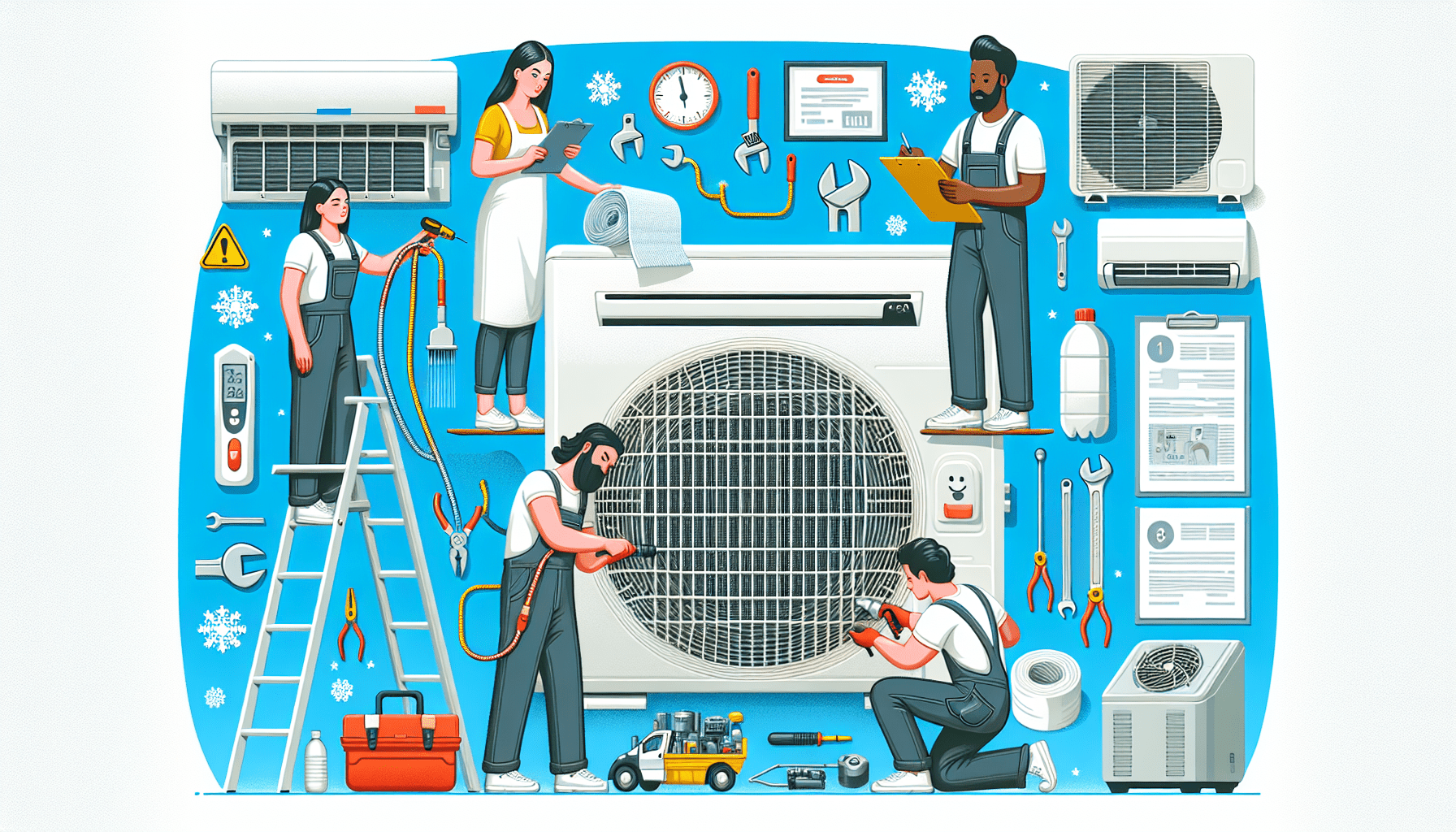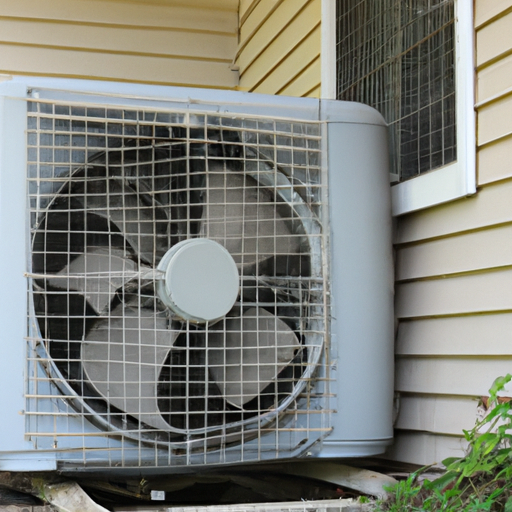Are you struggling with allergies and asthma and looking for the right air conditioning system to improve your indoor air quality? Look no further! In this article, you will find helpful tips on choosing the perfect air conditioning system that can alleviate your symptoms and create a healthier living environment for you and your loved ones. From selecting the right type of filter to considering the size and efficiency of the unit, we’ve got you covered with expert advice to make the best decision for your health and comfort. Stay tuned for valuable insights on how to choose the ideal air conditioning system for allergies and asthma. Have you been struggling with allergies or asthma symptoms in your home? Picking the right air conditioning system can make all the difference. Here are some tips to help you choose the best option for your needs.
How Air Conditioning Can Impact Allergies and Asthma
Air conditioning systems play a crucial role in maintaining indoor air quality, which is essential for those with allergies and asthma. A good quality AC system can filter out allergens and pollutants, creating a healthier environment for you to breathe in.
Why You Need to Consider Your HVAC System
Your HVAC (Heating, Ventilation, and Air Conditioning) system has a significant impact on your indoor air quality. It helps regulate temperature, humidity levels, and overall air circulation. When choosing an air conditioning system, it’s important to consider how it can help you manage your allergies and asthma symptoms.
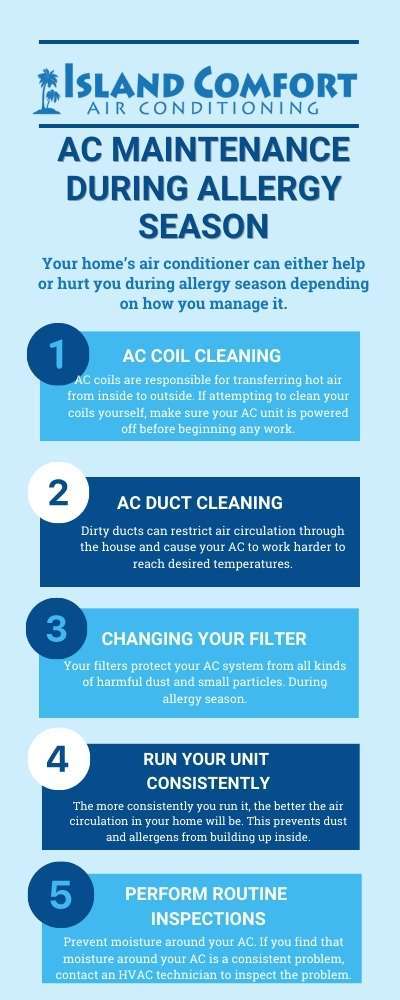
This image is property of islandcomfort.com.
Types of Air Conditioning Systems
There are several types of air conditioning systems available on the market, each with its own set of features and benefits. Here are a few common options to consider:
Central Air Conditioning
Central air conditioning systems are a popular choice for many homeowners. They provide consistent cooling throughout the entire house, making them ideal for larger spaces. This type of system can also help filter out allergens and pollutants, improving indoor air quality.
Ductless Mini-Split Systems
Ductless mini-split systems are a great option for homes without existing ductwork. They are energy-efficient and allow for zoned cooling, which can help you save on your utility bills. These systems are also known for their excellent air filtration capabilities, making them a good choice for those with allergies and asthma.
Window Air Conditioners
Window air conditioners are a budget-friendly option for cooling individual rooms. While they may not be as effective at filtering out allergens as other systems, they can still provide some relief for allergy and asthma sufferers.
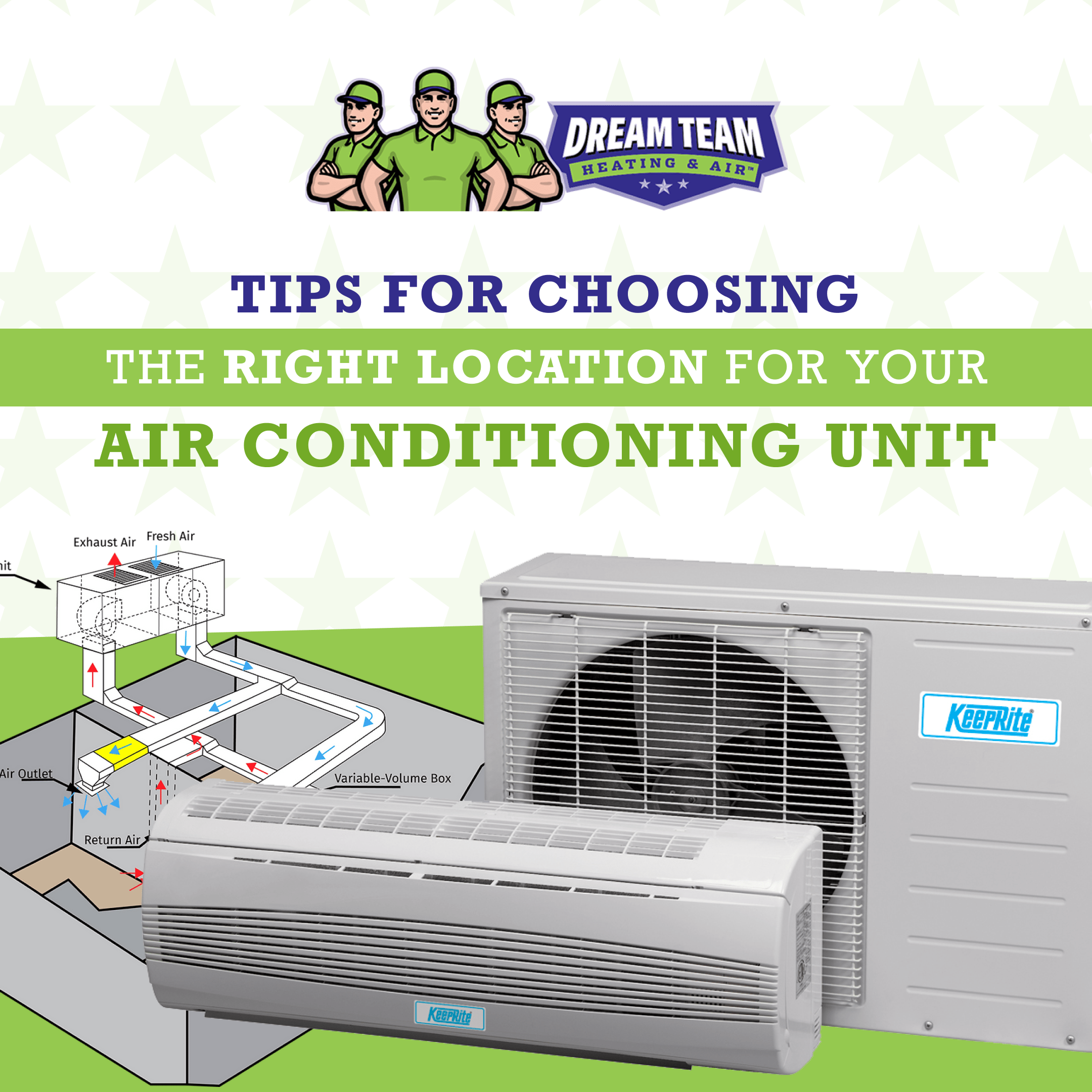
This image is property of www.calldreamteam.com.
Features to Look for in an Air Conditioning System
When choosing an air conditioning system for allergies and asthma, there are several key features to look out for. These features can help improve indoor air quality and create a healthier living environment for you and your family.
HEPA Filters
HEPA (High-Efficiency Particulate Air) filters are designed to capture small particles like pollen, dust mites, and pet dander. Investing in an air conditioning system with a HEPA filter can significantly reduce allergens in your home and help alleviate your allergy and asthma symptoms.
UV-C Light
UV-C light is a type of ultraviolet light that can kill bacteria, viruses, and mold spores. Air conditioning systems equipped with UV-C light technology can help prevent the growth of allergens and pathogens in your home, improving your indoor air quality.
Energy Efficiency
Energy-efficient air conditioning systems not only help you save on your utility bills but also reduce your carbon footprint. Look for systems with a high SEER (Seasonal Energy Efficiency Ratio) rating to ensure optimal performance and energy savings.
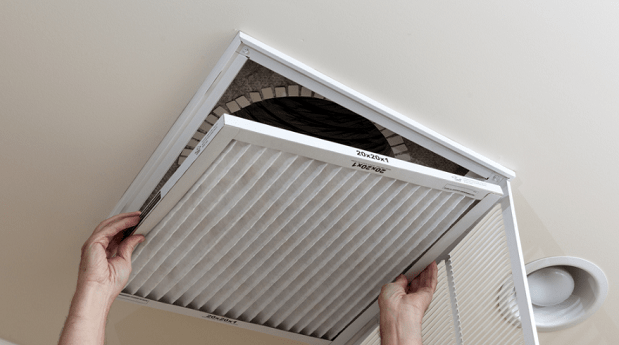
This image is property of www.blantonsair.com.
Proper Maintenance Tips for Air Conditioning Systems
To ensure that your air conditioning system continues to function effectively and maintain good indoor air quality, it’s important to follow a regular maintenance routine. Here are some tips to help you keep your AC system in top condition:
Change Your Air Filter Regularly
A dirty air filter can restrict airflow and reduce your system’s efficiency. Make sure to change your air filter every 1-3 months, depending on usage, to ensure optimal performance and air quality.
Clean Your Ducts and Vents
Dust, pollen, and other allergens can accumulate in your ducts and vents over time, leading to poor indoor air quality. Schedule regular duct cleaning to remove any buildup and improve the efficiency of your air conditioning system.
Schedule Annual Inspections
Annual inspections by a professional HVAC technician can help identify any issues with your air conditioning system before they escalate. Regular maintenance can prolong the life of your system and ensure that it operates at peak performance.

This image is property of www.calldreamteam.com.
Conclusion
Choosing the right air conditioning system for allergies and asthma can make a significant difference in your indoor air quality and overall health. By considering factors such as filter types, energy efficiency, and maintenance needs, you can select a system that meets your specific requirements and helps you breathe easier in your home. Remember to consult with an HVAC professional to determine the best option for your needs and ensure proper installation and maintenance.
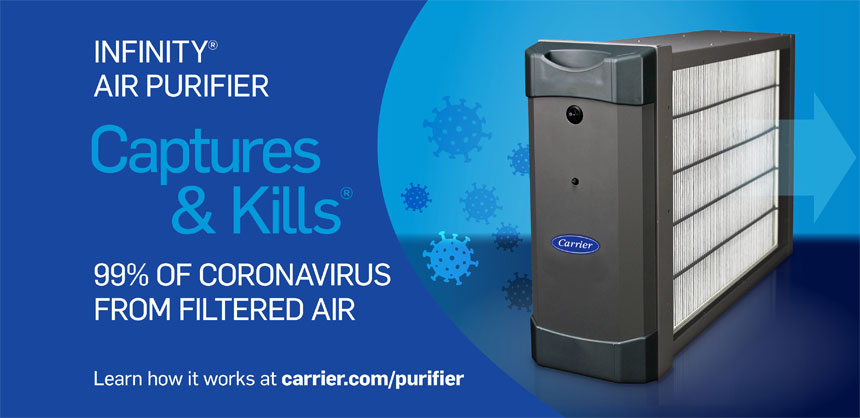
This image is property of i0.wp.com.


